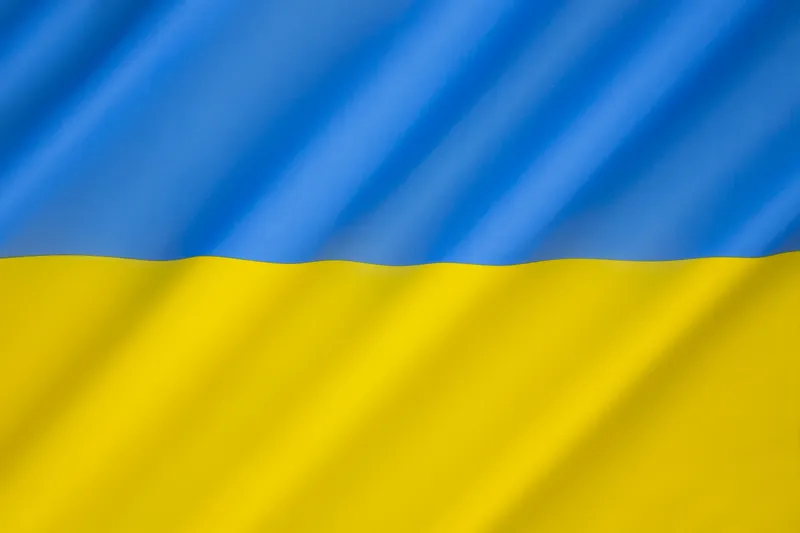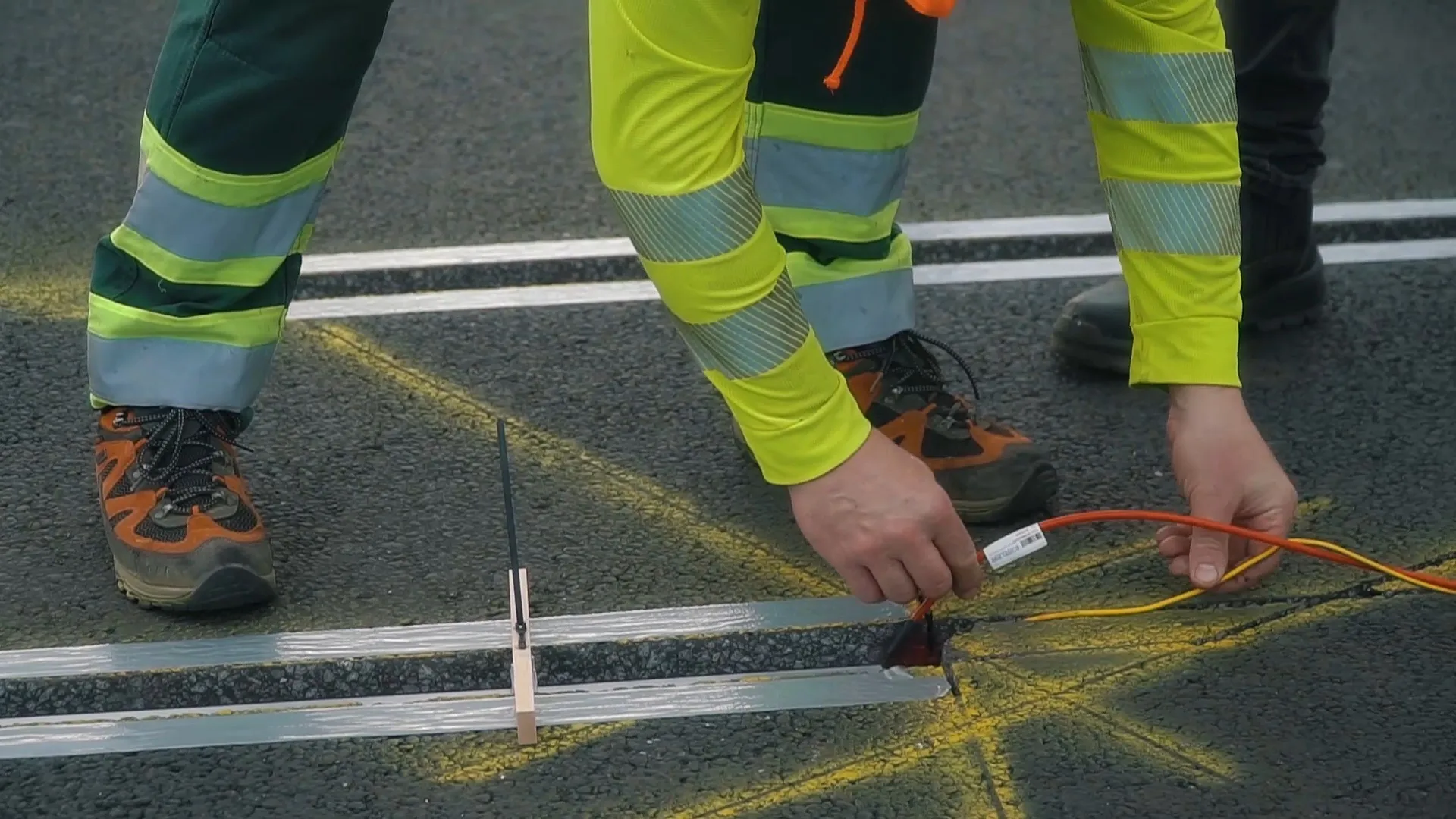
PTV Group has opened up its software products for free to organisations which are planning routes to deliver convoys of humanitarian aid - or transport of refugees - to and from Ukraine, following the country's invasion by Russia.
"One of the obvious things we can do with our product portfolio, and the services we generally deliver to customers in the logistics piece, is around route optimisation and route planning," the company's CEO Christian Haas told ITS International.
"To give you an example: if you want to supply goods to five different locations, that already results in about 120 different solutions and possible routes to take - and I think our tools are perfect in order to help those people in those situations. So we very quickly made the decision that we give the software and the services - because it does require some services around it as well - for free to those organisations and actually we already had quite a few asking for help and starting to use it."
PTV has created a landing page for organisations which are interested in using its software and has formed a task force at its head office in Karlsruhe, Germany, to concentrate on handling requests. The company has not yet revealed who has taken up the offer.
"In a nutshell, the software helps to distribute goods in the best possible way among the available vehicles," Haas continues. "Many of those organisations have plenty of vehicles, so we can perform milk runs for the consolidation of goods - and then we obviously optimise those routes for the trucks and that saves time and kilometres as well."
There is also a service element to PTV's free offer, giving expertise along with the software. "If it's too difficult to implement the software quickly, or they can't do it for whatever reason, then we just help them - basically, by them telling us what they want to do and we do it for them in our software and just pass the results over to them."
Haas emphasises that PTV is not a political organisation. However, he adds: "But I, as Christian Haas, have a very strong opinion and generally as PTV we have very strong values, you know, like fairness, diversity - and obviously, freedom. And I do think that as a chief executive officer, that also means that you have to stand with your opinion. And if you have a strong opinion and you can take some influence - it's very tiny, obviously - but then you have to do it, especially in situations like that."
PTV will be involved "as long as we need to", he concludes.










